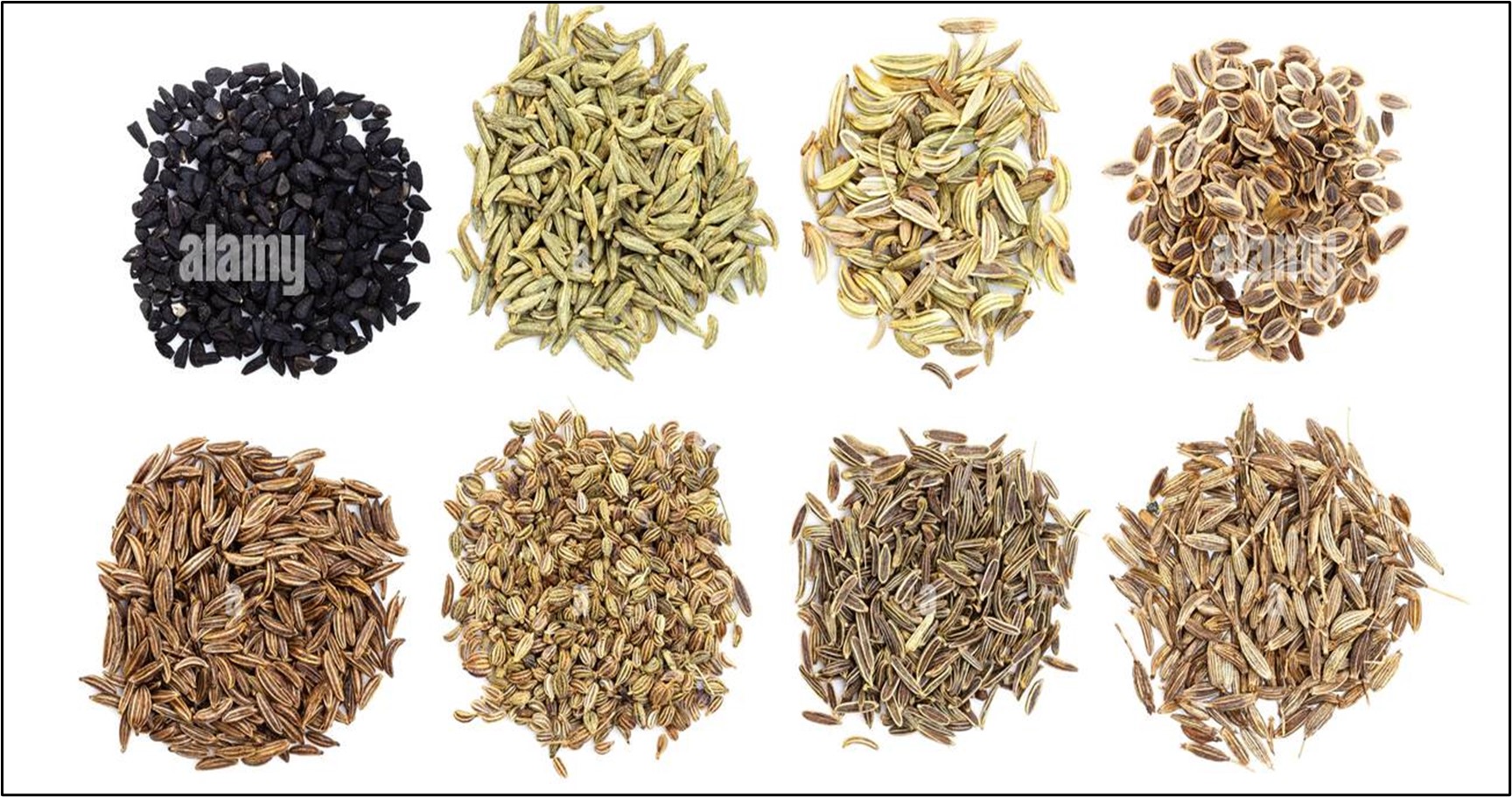DNA BARCODING-BASED COMPARATIVE ANALYSIS OF CUMINUM CYMINUM L VARIETIES IN THE PAKISTANI HERBAL MARKET
DOI:
https://doi.org/10.71146/kjmr542Keywords:
Carum carvi, DNA barcoding, rbcL, ITS2, spice adulteration, Karachi herbal marketAbstract
Background: Genuine Carum carvi (caraway) seeds are highly valued in the spice and herbal market, leading to frequent adulteration with morphologically similar members of the Apiaceae family.
Objective: This study aimed to authenticate cumin-labelled samples from Karachi's herbal market using dual-locus DNA barcoding (plastid rbcL and nuclear ITS2) and to quantify levels of adulteration.
Methods: Five retail seed samples were collected and analysed using DNA extraction, PCR amplification, Sanger sequencing, and phylogenetic analysis.
Results: Only 2 out of 5 samples were authenticated as C. carvi. Others were identified as Cuminum cyminum, Ligusticum acuminatum, or mixtures with Bunium persicum. Mislabeling was observed in 40% of cases.
Conclusion: Dual-locus barcoding provides a robust tool for authenticating herbal spices. Regulatory bodies in Pakistan should implement molecular authentication protocols to ensure consumer protection.
Downloads

Downloads
Published
Issue
Section
License
Copyright (c) 5025 Hajrah Ilyas, Ghazala H. Rizwani, Syeda Alishba, Elaf Sheikh, Bushra Hina, Mehwish Wajid, Syed Rizwan Ali, Muhammad Jahanzeb (Author)

This work is licensed under a Creative Commons Attribution 4.0 International License.






